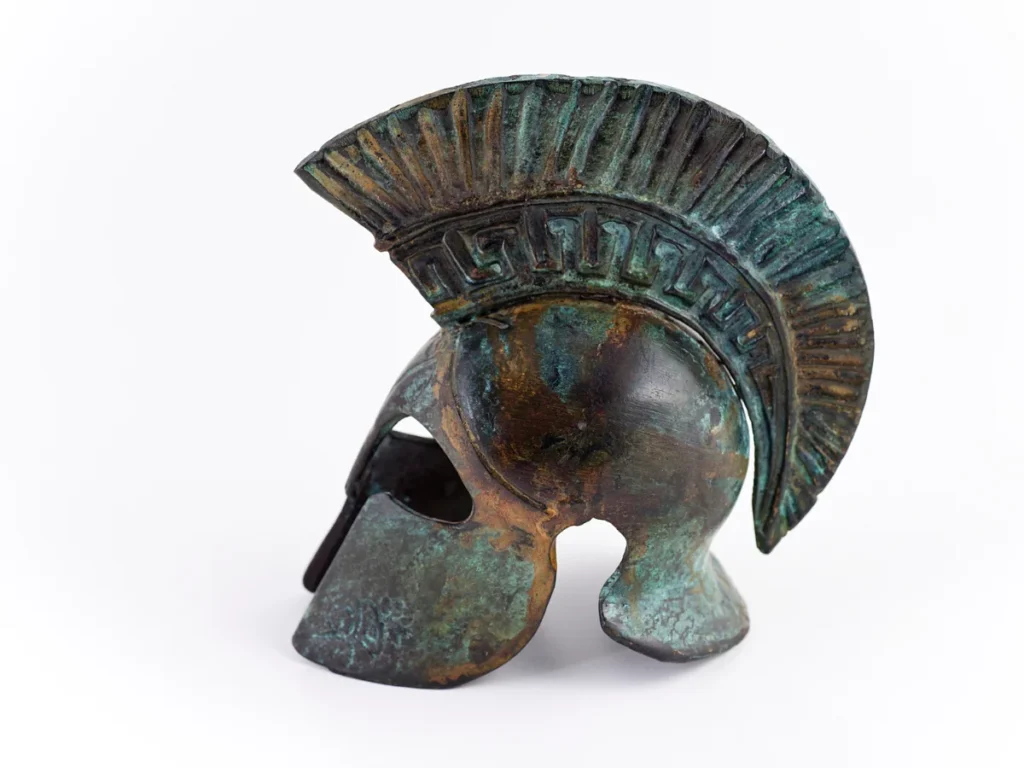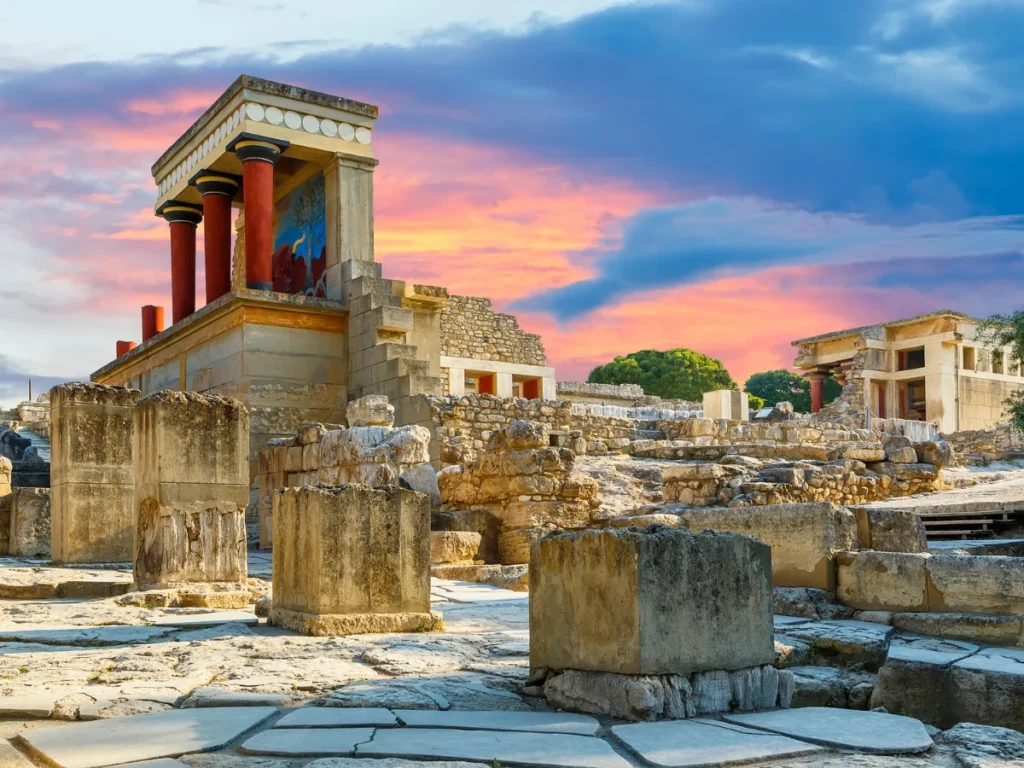The Trojan war was a legendary conflict
The Trojan War was a legendary conflict between the Greeks and Trojans, ignited by the audacious abduction of Helen by Paris. Helen’s unparalleled beauty and the binding oaths of Greek kings led to her recovery becoming a matter of honor. The war featured iconic figures like Achilles and Agamemnon, with Achilles’ tragic demise, the result of a prophecy, standing as a poignant moment. This epic war’s legacy lives on in literature, most notably in Homer’s “Iliad,” and as a symbol of heroism inspiring historical figures like Alexander the Great.

The Trojan war was a legendary conflict
The Dawn of Conflict: The Trojan War’s Inception
The Trojan War, a fabled clash between the Greeks and Trojans, was ignited by the audacious abduction of Helen, the wife of Menelaus, the King of Sparta, by Paris, a Trojan prince. This bold act not only incited the wrath of Menelaus. But also triggered the activation of oaths sworn by various Greek kings during Helen’s initial courtship. These binding commitments obligated them to aid Menelaus in the pursuit of Helen’s return.
Helen of Troy: The Enigmatic Beauty
Helen of Troy, celebrated for her unparalleled beauty, played a pivotal role in this epic conflict. Her abduction by Paris not only enraged her husband Menelaus. But also invoked the solemn oaths sworn by multiple Greek kings during her courtship. These oaths obligated them to support Menelaus in his quest to recover Helen, thus setting the stage for the legendary war.
Achilles and Agamemnon: A Clash of Titans
One of the most illustrious figures in the Trojan War was Achilles, a formidable Greek warrior. However, the conflict between Achilles and Agamemnon, the Greek commander-in-chief, cast a shadow over their alliance. Agamemnon’s appropriation of Achilles’ war prize, Briseis, led to Achilles’ withdrawal from the battlefield, resulting in a significant setback for the Greek forces.
Achilles’ Role in the War:
Despite his initial withdrawal, Achilles later rejoined the war, driven by vengeance after the death of his close friend Patroclus at the hands of Hector, the Trojan prince. Achilles’ return was marked by his relentless pursuit of Hector, which ultimately led to Hector’s demise. This event proved to be a turning point in the war as the Trojans mourned the loss of their valiant hero.
Achilles’ Tragic Demise:
Achilles’ fate was irrevocably linked to a prophecy that foretold his death in battle. Guided by Apollo, Paris fatally wounded Achilles by striking him in the heel, his only vulnerable spot. Achilles succumbed to this injury, marking the conclusion of his epic journey and underscoring the tragic nature of the war.
The Written Legacy: Alexander the Great and Beyond
The Trojan War’s enduring legacy extends beyond its epic tales. The “Iliad,” composed by the ancient Greek poet Homer, stands as the first written account of this monumental conflict. Achilles, with his indomitable spirit, served as a perennial source of inspiration for numerous historical figures, including Alexander the Great. Alexander revered Achilles, emulating his valor and courage in his own military conquests. While countless others in ancient Greece drew inspiration from Achilles’ mythic prowess, making him a symbol of heroism that transcended the pages of history.
More History

Leucippus, an Atomist philosopher
Leucippus, an Atomist philosopher, proposed indivisible atoms, a groundbreaking idea that influenced ancient Greek thought and laid the foundation for modern atomic theory.

The Tomb of Philip II of Macedon
The Tomb of Philip II, located in Vergina, Greece, holds the remains of the influential Macedonian king. It is a significant archaeological site preserving the history of ancient Greece.

Traditional music and instruments
Traditional Greek music features lively melodies played on instruments like the bouzouki and lyre. These musical traditions are deeply rooted in Greek culture and are integral to daily life.
